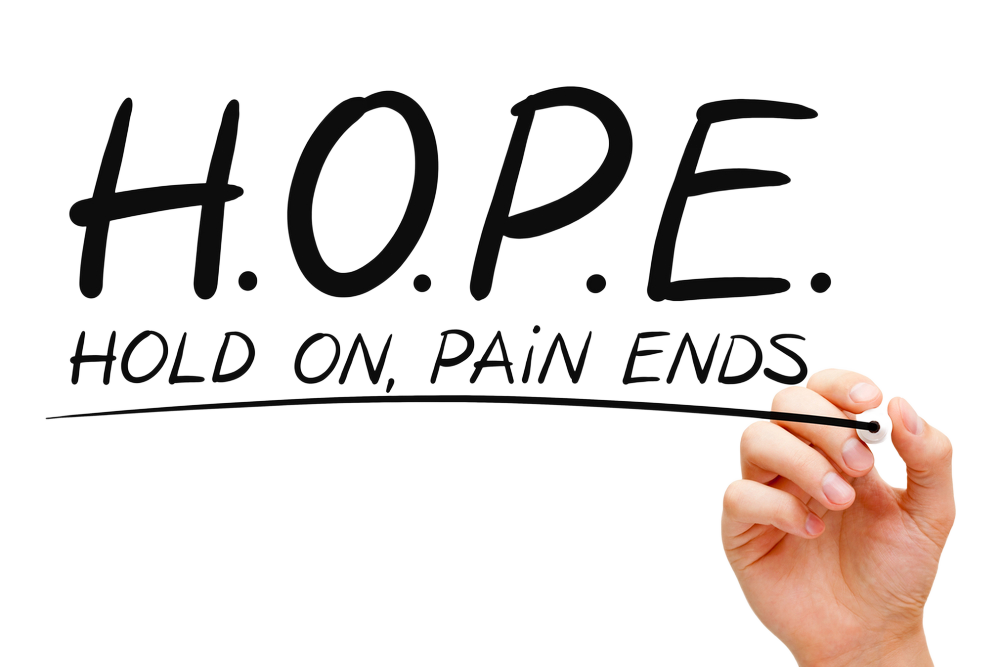Addictions
Definition from the Oxford English Dictionary:
The state or condition of being dedicated or devoted to a thing, esp. an activity or occupation; adherence or attachment, esp. of an immoderate or compulsive kind.
Addiction is a chronic disease and without help from the right sources it can result in heartbreaking consequences.
Compulsive behaviours from the individuals form an inability to stop doing what is harmful to them causing them to continue the cycle or to keep relapsing.
We believe it is not only the addict who suffers ,there is a negative impact on their family, friends and the wider community around them. we believe recovery is possible.

Misconceptions About Addiction
Misconceptions about addiction are numerous. These are often perpetuated by stigma, misinformation, and a lack of understanding. They can also be born from frustration, despair, and heartbreak.
At STAR Housing UK we are here to help everyone, where possible, in the world of the addict to understand better and to recover as well. Let’s begin with addressing some of the more common misconceptions:
Addiction Is A Choice
One of the most harmful misconceptions is that addiction is simply a matter of choice or moral failing. In reality, addiction is a complex mental and physical disorder characterised by compulsive behaviours despite harmful consequences.
Addicts Lack Willpower
It is not a reflection of weak willpower or a lack of moral character. It’s a chronic and relapsing condition that affects the brain’s reward system. Willpower alone is often insufficient to overcome the powerful grip of addiction without proper support and treatment.
Only Effects Themselves
Addiction has far-reaching effects that extend beyond the individual struggling with substance use. It can impact relationships, families, workplaces, and communities, leading to financial problems, legal issues, and emotional distress for loved ones. Recognising the broader impact of addiction is essential for promoting empathy, understanding, and support for all those affected by this disease.
They Can Quite Anytime...
The majority of addicts require professional treatment and support to overcome addiction successfully. Addiction alters brain chemistry and functioning, making it difficult for individuals to stop using drugs or alcohol without proper intervention. Quitting “cold turkey” can also be dangerous and may increase the risk of relapse or overdose.
Only Certain People Are Addicts
It can affect anyone, regardless of age, gender, socioeconomic status, or background. It does not discriminate based on factors like race, education, or profession.
Anyone can develop an addiction, and no one is immune to its effects.
They'll Grow Out of It
Experimentation in adolescence may be common, but addiction is not simply a passing phase.
It’s a serious and chronic condition that requires comprehensive treatment and ongoing support. Ignoring or dismissing early signs of addiction can lead to worsening substance abuse problems and greater challenges in achieving recovery later on.
Addicts Drink/Use Everyday
Drinking or using everyday is not necessarily a sign that someone is an addict.
Many people can come home from work and have one or two drinks and stop. People can have a glass or two of wine with dinner and then stop. This does not make them an addict.
An addict doesn’t have to indulge everyday, the real test is when they do start can they control when they stop? Or when they’ve stopped can they stay stopped?
Addictions We Provide For
There are so many type of addictions, which is a worrying thing to say in itself. From the most commonly known alcohol and drug addictions, to food, gambling and sex, and then the lesser known or obvious ones like shopping, work and even technology.
Whatever it is, they all have the same desired effect on the addict, they change the way they feel.
Below are the addictions we are able to cater for at STAR Housing UK:
Drug Dependency
This type of addiction can manifest itself through a multitude of substances.
If you say drug addiction to someone they will immediately think of the illegal drugs like marijuana and weed, speed and cocaine, as well as crack and heroin.
These are often seen as cool and “Rock n roll”. Our rebellious nature seeks them out and at least experiment with some of them.
But it can also be a dependency on prescribed drugs. These type of drugs are usually based on opioids, barbituates, benzodiazepines, morphine and many others.
As you can see then, people can become drug dependent, or drug addicts, through no fault of their own, as well as trying to be “cool” or fitting in with a crowd. But the stigma can prevent them from seeking help.


Alcoholism
The term Alcoholism was first coined in 1852, but Alcohol addiction as been a problem throughout recorded history and can be found in Biblical, Egyptian and Babylonian sources.
But it wasn’t until 1647 that a Greek monk first documented that alcohol abuse could affect the body and the nervous system, resulting in a variety of medical conditions including seizures, paralysis and internal bleeding.
Alcoholism is one of the hardest to admit to as the alcohol plays such a wide socially acceptable part of everyday life.
At best it can manifest as binge drinking, at worst the person can have delirium tremens (DTs) and search out more alcohol to calm their nerves.


Food, Gambling & Sex Addictions
One of the most harmful misconceptions is that addiction is simply a matter of choice or moral failing. In reality, addiction is a complex mental and physical disorder characterised by compulsive behaviours despite harmful consequences.

Recovery
Definition from the Oxford English Dictionary:
The restoration of a person (or more rarely, a thing) to a healthy or normal condition, or to consciousness.
OR
Restoration or return to health from illness, an injury, etc.; an instance of this. Also used with respect to an injury: restoration to a healthy state.
Creating a life of honesty, willingness and selflessness is vital for permanent recovery.
And once an addict begins to recover, those around them do too.

Referral Form
Simply complete a few details below about yourself, or the person you wish to refer, and we will get in contact to arrange an assessment.

